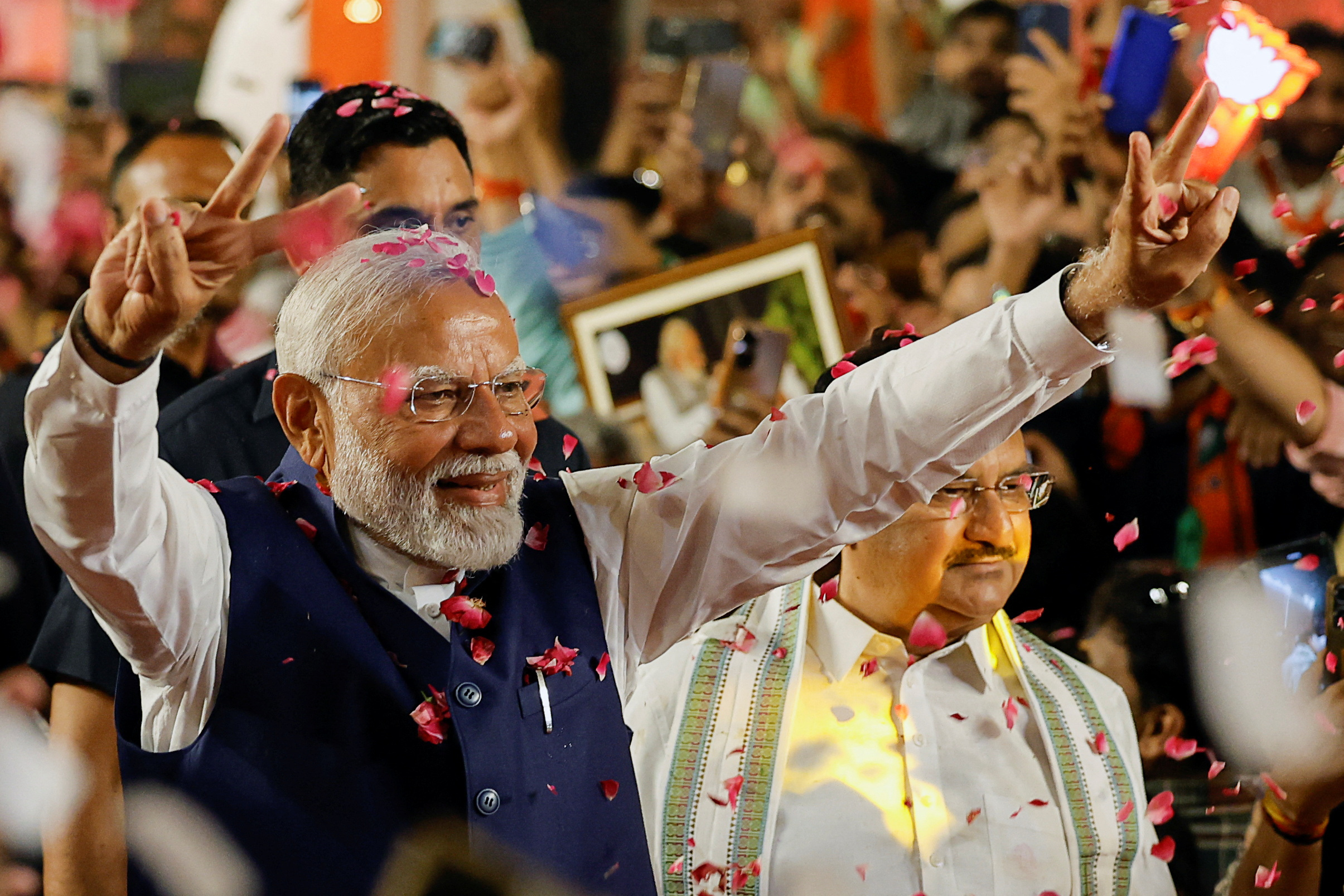Switzerland, officially known as the Swiss Confederation, is a landlocked country located in Central Europe. Here is some information about the political system in Switzerland:
- Political Structure: Switzerland is a federal republic with a system of direct democracy. It is composed of 26 cantons, which have a high degree of autonomy in governing their own affairs. The federal government is responsible for national-level matters, while cantonal governments handle regional and local issues.
- Executive Branch: The executive branch of the Swiss government consists of a seven-member Federal Council, also known as the Swiss Federal Council. The Federal Council members are elected by the Federal Assembly, which is composed of the two chambers of the federal parliament. The Federal Council acts collectively as the head of state and government, and its members hold specific portfolios and serve as ministers.
- Legislature: The Swiss federal legislature is bicameral and is composed of two chambers: the National Council (Nationalrat) and the Council of States (Ständerat). The National Council has 200 members elected by popular vote based on proportional representation, while the Council of States has 46 members, with each canton having two representatives and the half-cantons having one representative each. The Federal Assembly, consisting of both chambers, is responsible for enacting federal laws, approving the federal budget, and electing the Federal Council members.
- Political Parties: Switzerland has a multi-party system, with several political parties representing a range of ideologies and interests. The major political parties in Switzerland include the Swiss People’s Party (SVP), the Social Democratic Party (SP), the Free Democratic Party (FDP), the Christian Democratic People’s Party (CVP), and the Green Party, among others. Coalition governments are common in Switzerland due to the consensus-based political culture.
- Direct Democracy: Switzerland is known for its strong tradition of direct democracy. Swiss citizens have the right to participate in decision-making through referendums and initiatives. Referendums allow citizens to vote on laws or constitutional amendments proposed by the federal or cantonal governments, while initiatives allow citizens to propose new laws or amendments by collecting a certain number of signatures.
- Judiciary: The judiciary in Switzerland is independent of the executive and legislative branches. The Federal Supreme Court is the highest judicial authority in the country and is responsible for ensuring the uniform application of federal law and the protection of individual rights. Each canton also has its own court system.



